Home>Home Maintenance>How Long Is Home Inspection School
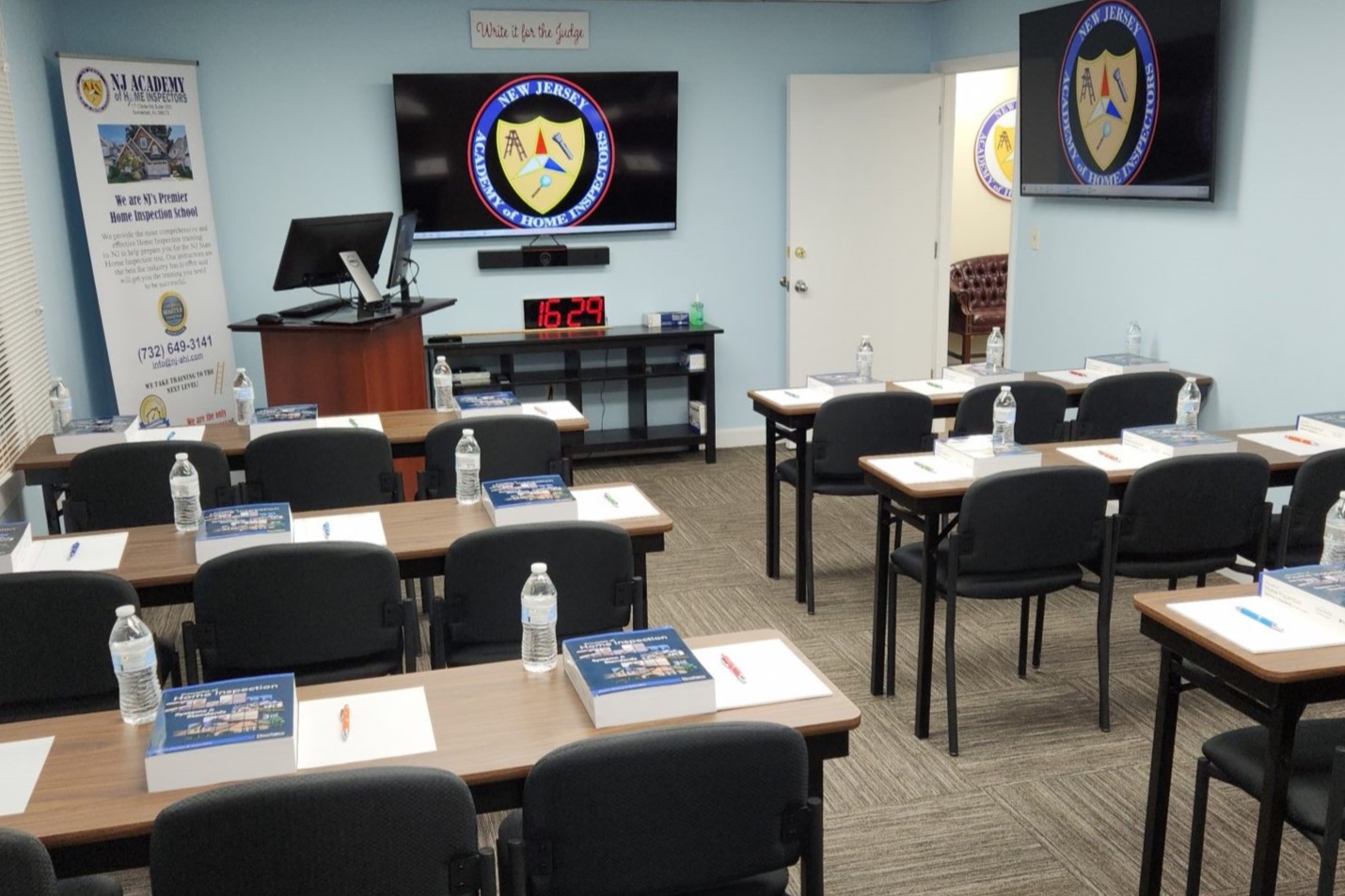

Home Maintenance
How Long Is Home Inspection School
Modified: October 20, 2024
Looking to become a home inspector? Learn about the length and requirements of home inspection school to start a career in home maintenance.
(Many of the links in this article redirect to a specific reviewed product. Your purchase of these products through affiliate links helps to generate commission for Storables.com, at no extra cost. Learn more)
Introduction
Welcome to the world of home inspection! Whether you’re interested in pursuing a career as a home inspector or simply looking to expand your knowledge of home maintenance, home inspection school is an essential step in your journey. This comprehensive guide will walk you through the ins and outs of home inspection school, answering key questions such as how long it takes, what to expect, and how to choose the right program.
Home inspection is a vital aspect of homeownership and plays a crucial role in ensuring the safety, functionality, and value of a property. A home inspector is responsible for assessing the condition of a home, identifying potential issues, and providing detailed reports to homeowners or potential buyers. This profession requires a deep understanding of various components of a home, including structural systems, electrical systems, plumbing, HVAC systems, and more.
While some individuals may have a natural affinity for home maintenance and possess a wealth of knowledge in the field, formal education and training through a home inspection school are highly recommended. These programs offer a comprehensive curriculum designed to equip students with the necessary skills and knowledge to excel in the field of home inspection.
The duration of home inspection school programs can vary depending on various factors, including the type of program and the level of depth it covers. These programs are typically available in online or in-person formats, each with its own advantages and considerations.
Online home inspection school programs are becoming increasingly popular due to their convenience and flexibility. These programs allow students to access course materials, lectures, and assignments from the comfort of their homes, without the need to commute to a physical location. The duration of online programs can range from a few weeks to several months, depending on the pace at which the student progresses.
In-person home inspection school programs, on the other hand, provide a more hands-on and interactive learning experience. Students attend classes at a physical location and have the opportunity to participate in practical exercises, demonstrations, and fieldwork. The duration of in-person programs can vary from a few weeks to several months, with the inclusion of practical training potentially extending the overall duration.
Key Takeaways:
- Home inspection school programs can last from a few weeks to several months, offering flexibility in online or in-person formats. Practical training and individual pace of learning also impact the duration.
- Accreditation and certification in home inspection enhance a home inspector’s credibility and job prospects. When choosing a school, consider factors like curriculum, delivery format, and student support.
Read more: Why Do Schools Not Have Air Conditioning
Importance of Home Inspection School
Home inspection school plays a crucial role in shaping aspiring home inspectors into competent and knowledgeable professionals. Here are some key reasons why attending a home inspection school is important:
- Educational Foundation: Home inspection school provides a solid educational foundation in the field of home inspection. The curriculum covers a wide range of topics, from building structures to electrical systems and plumbing. This comprehensive training ensures that inspectors have a thorough understanding of the various components of a home, enabling them to identify potential issues and provide accurate assessments.
- Industry Standards and Codes: Home inspection schools educate students about industry standards and codes that govern the profession. This knowledge is crucial in ensuring that home inspectors adhere to the highest ethical and professional standards while conducting inspections. Familiarity with codes and regulations helps inspectors provide thorough and compliant reports to homeowners or potential buyers.
- Practical Experience: Many home inspection schools offer practical training opportunities that allow students to apply their knowledge in real-world scenarios. This hands-on experience helps students develop essential skills, such as conducting thorough inspections, using inspection tools, and accurately documenting their findings. Practical experience also allows students to gain confidence in their abilities before entering the field as professional home inspectors.
- Networking Opportunities: Attending a home inspection school provides an excellent opportunity to network with industry professionals and fellow students. Interacting with experienced home inspectors can offer valuable insights, mentorship, and potential job opportunities. Building a strong professional network can play a crucial role in establishing a successful career in home inspection.
- Credibility and Trust: Completing a home inspection school program demonstrates a commitment to professional development and excellence. By obtaining education from a reputable institution, home inspectors can enhance their credibility and gain the trust of clients. Potential homeowners and buyers are more likely to rely on the services of an inspector who has undergone formal training and obtained a certification from a recognized home inspection school.
In summary, home inspection school is important for aspiring home inspectors to acquire the necessary knowledge, skills, and industry standards required in this profession. It offers a comprehensive education, practical experience, and networking opportunities that can help aspiring inspectors establish a successful career in the field. Whether you choose an online or in-person program, investing in home inspection school is a crucial step toward becoming a competent and trusted home inspector.
Duration of Home Inspection School Programs
The duration of home inspection school programs can vary depending on several factors, including the type of program, the level of depth it covers, and the student’s pace of learning. Here are some general guidelines regarding the duration of home inspection school programs:
Online Home Inspection School Programs:
Online home inspection school programs offer flexibility and convenience, allowing students to learn at their own pace. The duration of these programs can range from a few weeks to several months, depending on the intensity of the curriculum and the amount of time students are able to commit to their studies. Some online programs offer self-paced learning, where students have the freedom to complete the coursework on their own schedule. Others may follow a structured timeline, with specific deadlines for assignments and examinations.
The advantage of online programs is that they allow students to balance their studies with other commitments and responsibilities. However, it is important for students to stay disciplined and motivated to consistently engage with the course material to successfully complete the program within the expected timeframe.
In-person Home Inspection School Programs:
In-person home inspection school programs typically involve attending classes at a physical location. These programs may offer a more structured and immersive learning experience. The duration of in-person programs can vary, ranging from a few weeks to several months.
Some in-person programs may offer full-time options, where students attend classes on a daily basis, allowing for a quicker completion of the program. Other programs may be part-time, with classes held on evenings or weekends, accommodating those with other commitments. The inclusion of practical training, fieldwork, and hands-on exercises can also extend the overall duration of in-person programs.
It is important to research and consider the specific program’s schedule and duration to ensure it aligns with your availability and learning preferences.
Keep in mind that while the duration of these programs gives an indication of the time required to complete the coursework, becoming a skilled and knowledgeable home inspector goes beyond just attending school. Continuous professional development, staying up-to-date with industry changes, and gaining practical experience through inspections are essential for ongoing growth and success in the field.
Ultimately, the duration of home inspection school programs will vary based on individual circumstances and the specific program you choose. It is advisable to carefully review the program’s curriculum, requirements, and flexibility to ensure it meets your needs and goals in terms of timing and depth of education.
Online Home Inspection School Programs
Online home inspection school programs have gained popularity in recent years due to their flexibility and accessibility. These programs offer a convenient way for individuals to pursue a career in home inspection or expand their knowledge in the field. Here is a closer look at online home inspection school programs:
Flexibility and Convenience:
One of the biggest advantages of online home inspection school programs is the flexibility they provide. Students have the freedom to access course materials, lectures, and assignments from the comfort of their own homes or any location with an internet connection. This flexibility allows for self-paced learning, enabling students to fit their studies around their existing commitments such as work or family responsibilities.
Comprehensive Curriculum:
Online home inspection school programs typically offer a comprehensive curriculum that covers all the essential topics and skills needed to become a competent home inspector. The curriculum may include subjects such as building structures, electrical systems, plumbing, HVAC systems, and more. Through a combination of multimedia presentations, videos, readings, and interactive quizzes, students gain a thorough understanding of the various components of a home and how to assess them effectively.
Interactive Learning Tools:
To enhance the learning experience, online home inspection school programs often make use of interactive learning tools. These can include virtual simulations of home inspection scenarios, 3D models of building structures, and interactive quizzes to test knowledge and understanding. These tools engage students and reinforce the concepts taught, making the learning process more dynamic and memorable.
Access to Experienced Instructors:
Contrary to common misconceptions, online home inspection school programs provide students with access to experienced instructors and industry professionals. Instructors are readily available to answer questions, provide guidance, and offer support through various communication channels such as email, discussion boards, or even live chat sessions. This interaction ensures that students receive personalized attention and guidance throughout their learning journey.
Online Examinations and Assessments:
Online home inspection school programs typically include assessments and examinations to ensure students are grasping the material and progressing effectively. These assessments may be in the form of online quizzes, assignments, or even virtual inspections. Students are able to submit their work online, and instructors provide feedback and grades accordingly. This evaluation process ensures that students are well-prepared and equipped with the necessary knowledge and skills to succeed in the field.
Networking Opportunities:
While online programs are conducted remotely, they still offer networking opportunities. Many online home inspection school programs include discussion boards or forums where students can connect with fellow students, share experiences, and ask questions. These platforms provide a supportive community where students can learn from one another, exchange ideas, and even potentially form professional connections.
In summary, online home inspection school programs offer flexibility, comprehensive education, interactive learning tools, access to experienced instructors, and networking opportunities. These programs provide a convenient and effective way for individuals to pursue a career in home inspection or enhance their knowledge in the field without the constraints of a traditional classroom setting.
In-person Home Inspection School Programs
In-person home inspection school programs provide a more traditional and immersive learning experience for individuals looking to pursue a career in home inspection. These programs offer a structured curriculum, practical training, and hands-on exercises. Here is a closer look at in-person home inspection school programs:
Structured Learning:
In-person home inspection school programs typically follow a structured schedule, with classes held at a physical location. Students attend regular classes, allowing for consistent engagement with the material and a systematic progression through the curriculum. This structured learning approach ensures that students cover all the necessary topics and gain a comprehensive understanding of home inspection principles and practices.
Hands-on Training:
One of the key advantages of in-person programs is the opportunity for hands-on training. Students have the chance to participate in practical exercises, demonstrations, and even real-world fieldwork. These hands-on experiences allow students to apply their knowledge in a practical setting, gaining valuable insights into the inspection process and developing important skills required in the field.
Engagement with Industry Professionals:
In in-person home inspection school programs, students have the opportunity to interact directly with experienced instructors and industry professionals. This direct engagement allows students to ask questions, seek clarification, and benefit from the knowledge and expertise of the instructors. The face-to-face interaction fosters a deeper understanding of the material and encourages insightful discussions about real-world scenarios and challenges.
Networking Opportunities:
In-person programs also offer valuable networking opportunities. Students have the chance to connect with like-minded individuals who share their passion for home inspection. By building relationships with instructors, classmates, and industry professionals, students can expand their professional network, which can lead to mentorship, job opportunities, and ongoing support throughout their careers.
Real-time Feedback and Assessment:
During in-person classes, students can receive immediate feedback and guidance from instructors. This real-time feedback allows for a better understanding of concepts and helps students identify areas that may require further study or improvement. In-person programs often include assessments, quizzes, and practical evaluations to gauge the progress and proficiency of students.
Access to Industry Resources:
In-person home inspection school programs often provide access to resources that enhance the learning experience. These resources can include a physical library with books, reference materials, and industry publications. Additionally, students may have access to specialized equipment and tools used in home inspections, allowing for hands-on practice and familiarity with the tools of the trade.
In summary, in-person home inspection school programs offer a structured and immersive learning experience with hands-on training, direct engagement with industry professionals, networking opportunities, real-time feedback, and access to valuable resources. These programs are ideal for individuals seeking a more interactive and practical approach to learning the skills and knowledge necessary for a successful career in home inspection.
The length of home inspection school can vary, but typically it takes about 3 to 6 months to complete a home inspection training program. Keep in mind that the length may also depend on the specific requirements of the program and the time commitment of the student.
Read more: How Long Is Civil Engineering School
Factors Affecting the Length of Home Inspection School
The length of home inspection school programs can vary based on several factors. It’s important to consider these factors when choosing a program that aligns with your goals and schedule. Here are some key factors that can affect the duration of home inspection school:
Program Type:
The type of home inspection program you choose can impact its length. There are various types of programs available, including short-term certificate programs, comprehensive diploma programs, and degree programs. Short-term certificate programs may span a few weeks or months, while diploma and degree programs can take several months or even years to complete. The depth of education, number of courses, and the inclusion of practical training can influence the overall duration of the program.
Level of Depth:
The level of depth that a program covers can also influence its duration. Some programs offer a more general overview of home inspection principles and practices, while others dive deeper into specific areas such as electrical systems, plumbing, or HVAC. Programs that provide more in-depth knowledge and practical training are likely to have a longer duration to adequately cover the extra material.
Student’s Pace of Learning:
The pace at which an individual progresses through the program can also impact its duration. Some students may be able to dedicate more time and effort to their studies, allowing them to complete the program at a faster pace. On the other hand, students who have other commitments or prefer a more relaxed learning approach may take longer to complete the program. It’s important to assess your own learning style and availability when considering the length of the program.
Practical Training:
Programs that include practical training or fieldwork tend to have a longer duration. Practical training allows students to apply their knowledge in real-world scenarios, enhancing their understanding and skillset. It may involve shadowing experienced home inspectors, participating in inspections, or completing hands-on exercises. While practical training adds to the overall duration of the program, it provides invaluable experience that prepares students for their future careers.
Program Schedule and Format:
The schedule and format of the program also influence its length. Some programs offer full-time options, where students attend classes on a daily basis, allowing for a quicker completion of the program. Others may be part-time, with classes held on evenings or weekends, catering to individuals with other commitments. Online programs often provide flexibility, allowing students to progress at their own pace and complete the program within a timeframe that suits their schedule.
Individual Progress and Requirements:
Each individual’s progress and requirements can affect the duration of the program. Some students may require additional time to grasp certain concepts or complete assignments, while others may excel and move through the material at a faster pace. Additionally, some programs may have specific requirements or prerequisites that need to be fulfilled before completion, which can add to the overall duration.
In summary, the duration of home inspection school programs can be influenced by factors such as program type, level of depth, student’s pace of learning, practical training, program schedule and format, and individual progress and requirements. Consider these factors when choosing a program to ensure it aligns with your goals, learning style, and availability.
Accreditation and Certification in Home Inspection
Accreditation and certification play essential roles in the home inspection industry. These designations not only validate the quality of education and training but also demonstrate a home inspector’s professionalism and competence. Here’s a closer look at accreditation and certification in home inspection:
Accreditation:
Accreditation is a formal recognition granted to an institution or program that meets specific standards of quality and consistency set by accrediting bodies. While there is no universal accreditation specifically for home inspection schools, some institutions may hold accreditation from regional or national accrediting agencies. Accreditation ensures that the school has undergone a rigorous evaluation process and meets or exceeds the established standards of education. It also gives credibility to the institution’s programs and assures potential students that they will receive a quality education.
It’s important to research and select a home inspection school that is accredited by recognized accrediting bodies, as this provides assurance of the program’s quality and adherence to industry standards.
Certification:
Certification in home inspection is typically provided by professional organizations or associations that have established standards and criteria for competence in the field. These certifications serve as a way for home inspectors to demonstrate their knowledge, skills, and adherence to industry standards. While certification is generally not required by law, it offers several benefits:
- Validation of Competence: Certification provides external validation of a home inspector’s competence and expertise. It demonstrates to clients and potential employers that the inspector has met the established standards and possesses the necessary knowledge and skills to perform inspections effectively.
- Enhanced Credibility: Certified home inspectors often enjoy enhanced credibility and trust from homeowners, buyers, and real estate professionals. Certification indicates a commitment to professionalism, ongoing education, and ethical conduct, establishing a higher level of trust in the inspector’s capabilities.
- Increased Job Opportunities: Many employers, such as home inspection companies or real estate agencies, prefer to hire certified home inspectors due to their demonstrated competence and adherence to industry standards. Certification can open doors to various job opportunities and potentially lead to higher earning potential.
- Continuing Education: Certified home inspectors are typically required to maintain their certification through continuing education. This ensures that inspectors stay updated on industry changes, new technologies, and best practices. It allows certified inspectors to continuously improve their skills and knowledge, staying at the forefront of the home inspection profession.
It’s important to note that certification requirements vary among different organizations. Some organizations may require completion of specific education or training programs, passing an exam, and meeting certain experience criteria. It’s recommended to research and select certifications that are widely recognized and respected in the home inspection industry.
In summary, accreditation and certification are important aspects of the home inspection industry. Accreditation ensures that a home inspection school meets or exceeds established standards of education, while certification validates the competence and professionalism of home inspectors. Choosing an accredited school and pursuing certification can enhance the credibility, job prospects, and ongoing professional development of aspiring home inspectors.
Choosing the Right Home Inspection School
Choosing the right home inspection school is a crucial step in your journey to becoming a competent and successful home inspector. With numerous options available, it’s important to consider several factors to ensure you select a school that best aligns with your goals and aspirations. Here are some key considerations when choosing a home inspection school:
- Accreditation and Reputation: Look for a home inspection school that is accredited by recognized accrediting bodies or has a solid reputation in the industry. Accreditation ensures that the school meets or exceeds established quality standards and provides a reliable education. A good reputation indicates that the school has delivered quality training and produced successful graduates.
- Curriculum: Review the curriculum of the home inspection school to ensure it covers all the essential topics and skills you need to become a competent home inspector. The curriculum should include courses on building structures, electrical systems, plumbing, HVAC systems, and other relevant areas. Additionally, consider whether the program offers practical training opportunities to apply your knowledge in real-world scenarios.
- Faculty and Instructors: Learn about the qualifications and experience of the faculty and instructors at the home inspection school. Experienced instructors with firsthand knowledge of the industry can provide invaluable insights and guidance throughout your education. Consider their backgrounds, certifications, and industry affiliations to ensure you are learning from qualified professionals.
- Delivery Format: Determine whether you prefer an online or in-person learning experience. Online programs offer flexibility and convenience, allowing you to learn at your own pace from anywhere. In-person programs provide a more immersive and hands-on experience. Consider your learning style, availability, and preferences when choosing the delivery format that suits you best.
- Student Support: Evaluate the level of student support offered by the home inspection school. This can include access to instructors, online forums or discussion boards, and technical support. A school that provides robust support systems ensures that you can get assistance when needed and have a positive learning experience.
- Certification Preparation: If your goal is to become a certified home inspector, consider whether the school provides preparation for certification exams. Look for programs that align with recognized certification bodies and can adequately prepare you for the exams required to obtain professional certifications.
- Cost and Financial Aid: Consider the cost of the program and determine if it fits within your budget. Research any available financial aid options, scholarships, or payment plans offered by the home inspection school. While cost is a factor, remember to prioritize the quality and reputation of the program over the price alone.
- Graduate Success and Job Placement: Research the success rate of the school’s graduates in finding employment as home inspectors. Look for schools that have a history of placing graduates in relevant positions or offer job placement assistance. A school with a strong alumni network and connections in the industry can provide valuable job opportunities and networking connections.
Take your time to thoroughly research and compare home inspection schools based on these factors. Reach out to current students or alumni to gather their experiences and feedback. Additionally, consider attending information sessions or virtual open houses offered by the schools to get a better understanding of their programs and teaching methodologies.
Choosing the right home inspection school is essential for gaining the knowledge, skills, and credibility required for a successful career as a home inspector. By considering these factors and conducting thorough research, you can select a school that best fits your needs and sets you on a path towards a fulfilling and rewarding profession in home inspection.
Conclusion
Completing a home inspection school program is a vital step for anyone aspiring to become a proficient and knowledgeable home inspector. The length of these programs varies depending on factors such as the program type, level of depth, practical training, and individual pace of learning.
With the availability of online and in-person programs, individuals have the flexibility to choose a learning format that best suits their schedule, preferences, and learning style. Online programs offer convenience and self-paced learning, while in-person programs provide hands-on training and direct interaction with experienced instructors.
The importance of home inspection school cannot be overstated. These programs provide a solid educational foundation, covering various aspects of home inspection such as building structures, electrical systems, plumbing, and more. They also educate students about industry standards, codes, and ethics, preparing them for real-world scenarios and ensuring they deliver accurate and comprehensive inspection reports.
Accreditation and certification in home inspection further enhance a home inspector’s credibility and professionalism. Accreditation from recognized accrediting bodies ensures that the school meets high-quality education standards. Certification demonstrates the home inspector’s competence and adherence to industry standards, increasing their credibility and job opportunities.
When choosing a home inspection school, it’s important to consider factors such as accreditation, reputation, curriculum, delivery format, student support, certification preparation, cost, and graduate success. Thorough research and careful consideration of these factors will help you choose a school that aligns with your goals and sets you on the path to a successful career in home inspection.
Remember, becoming a skilled home inspector goes beyond completing a school program. Ongoing professional development, staying up-to-date with industry changes, and gaining practical experience through inspections are essential for continuous growth and success in the field.
As you embark on your journey in home inspection, embrace the knowledge and skills you acquire from your home inspection school program. Stay curious, remain adaptable to new technologies and techniques, and continue to expand your expertise. By doing so, you will become a trusted professional in the field of home inspection, ensuring the safety and satisfaction of homeowners and buyers for years to come.
Frequently Asked Questions about How Long Is Home Inspection School
Was this page helpful?
At Storables.com, we guarantee accurate and reliable information. Our content, validated by Expert Board Contributors, is crafted following stringent Editorial Policies. We're committed to providing you with well-researched, expert-backed insights for all your informational needs.

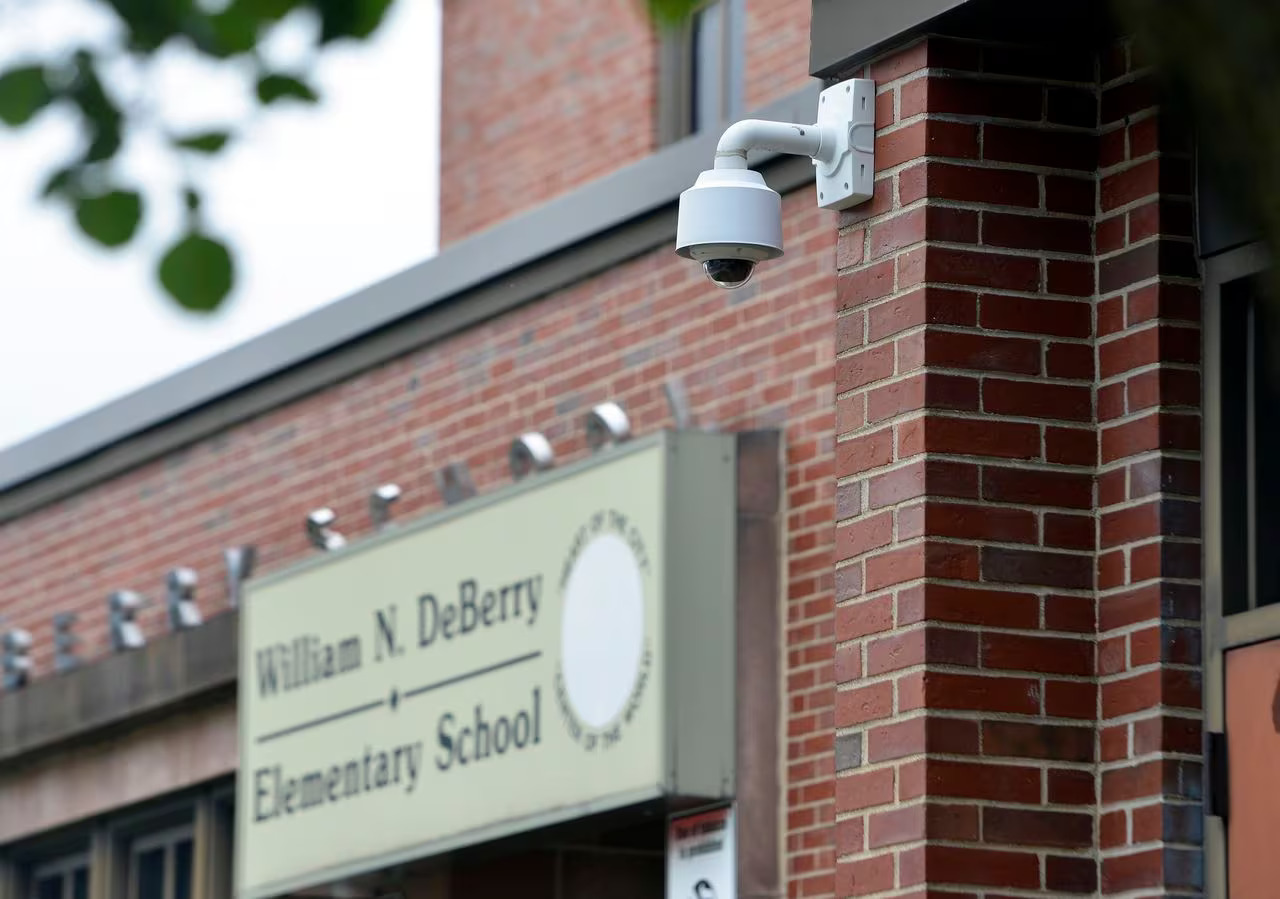
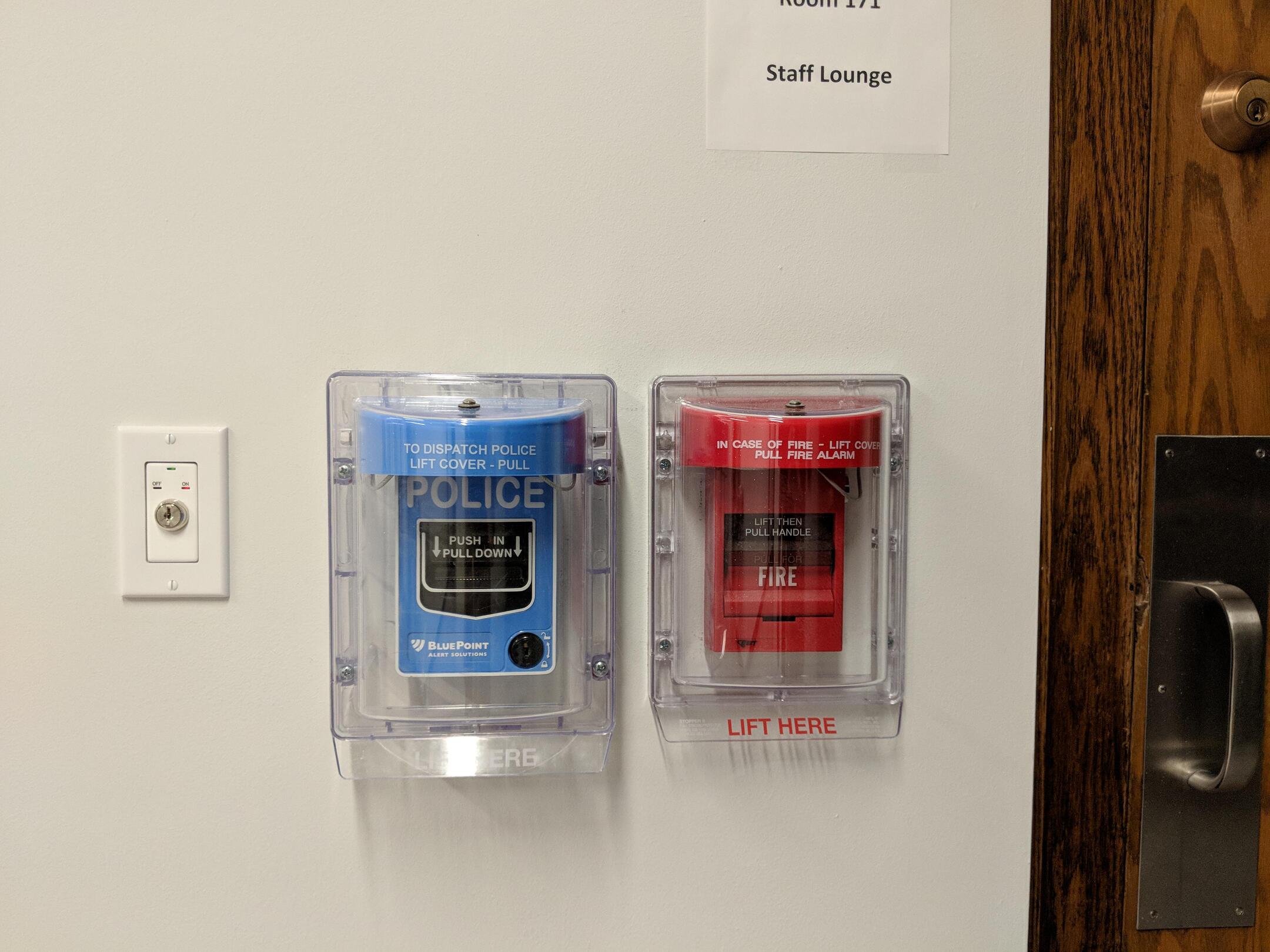

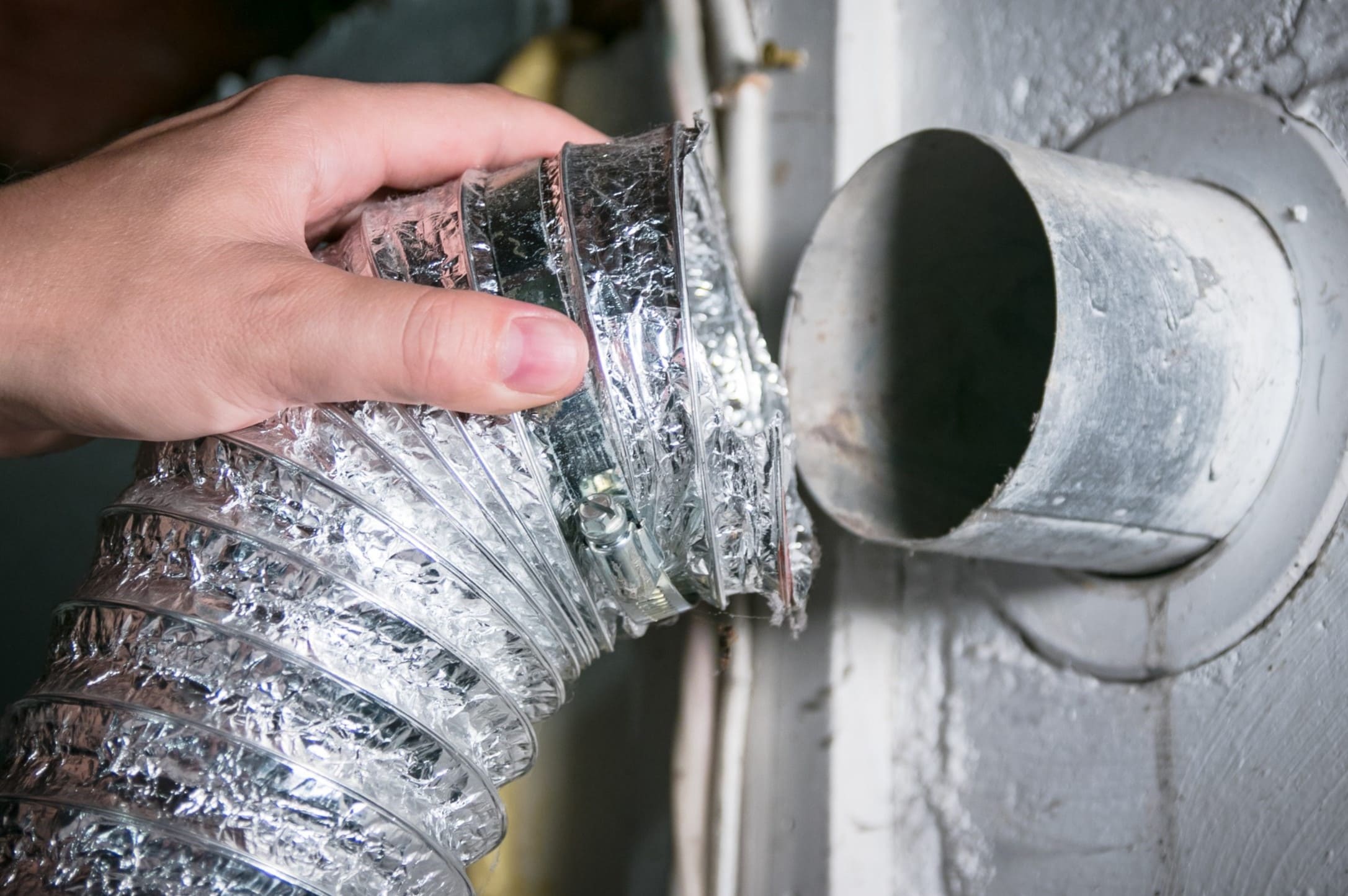




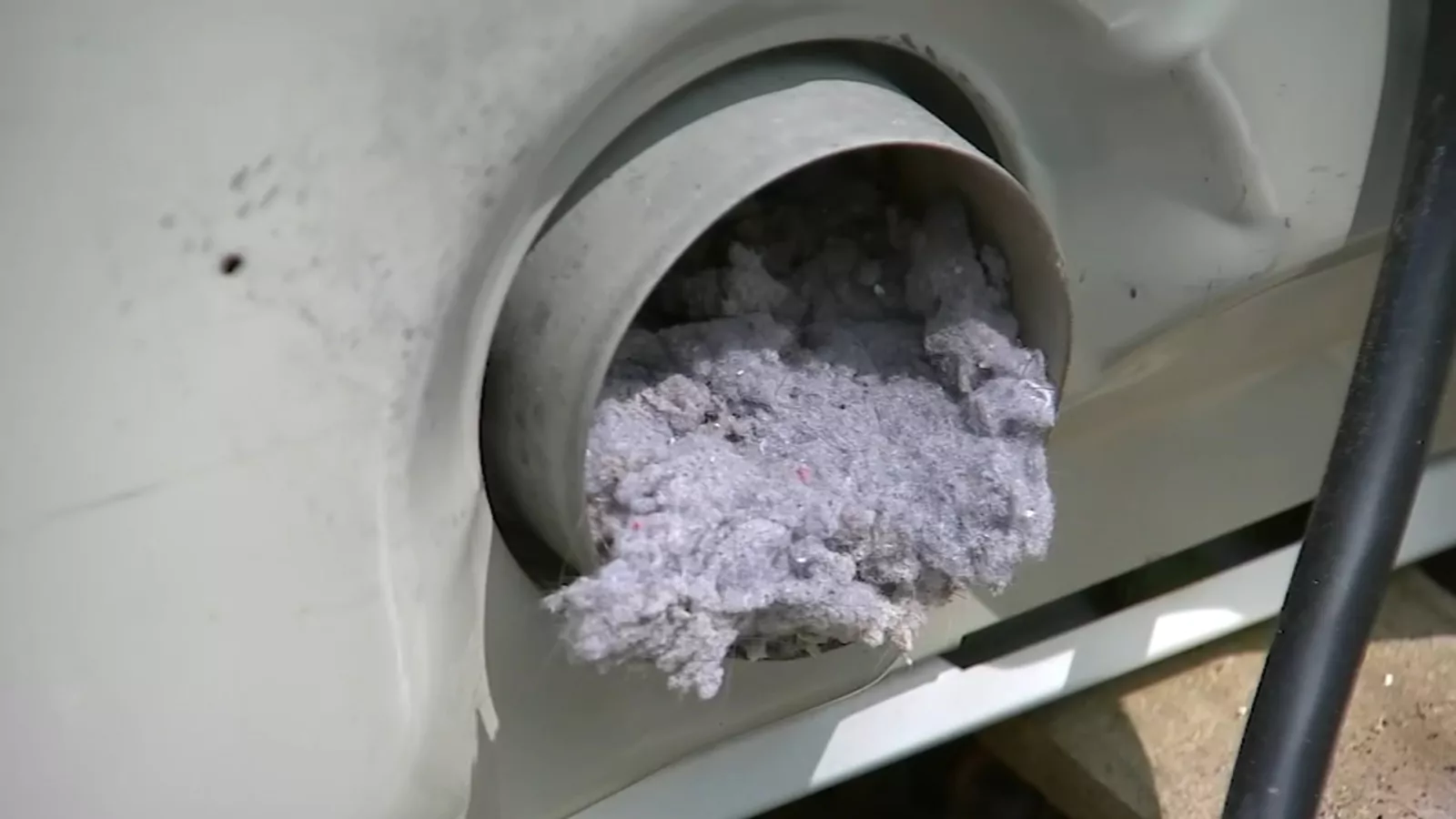
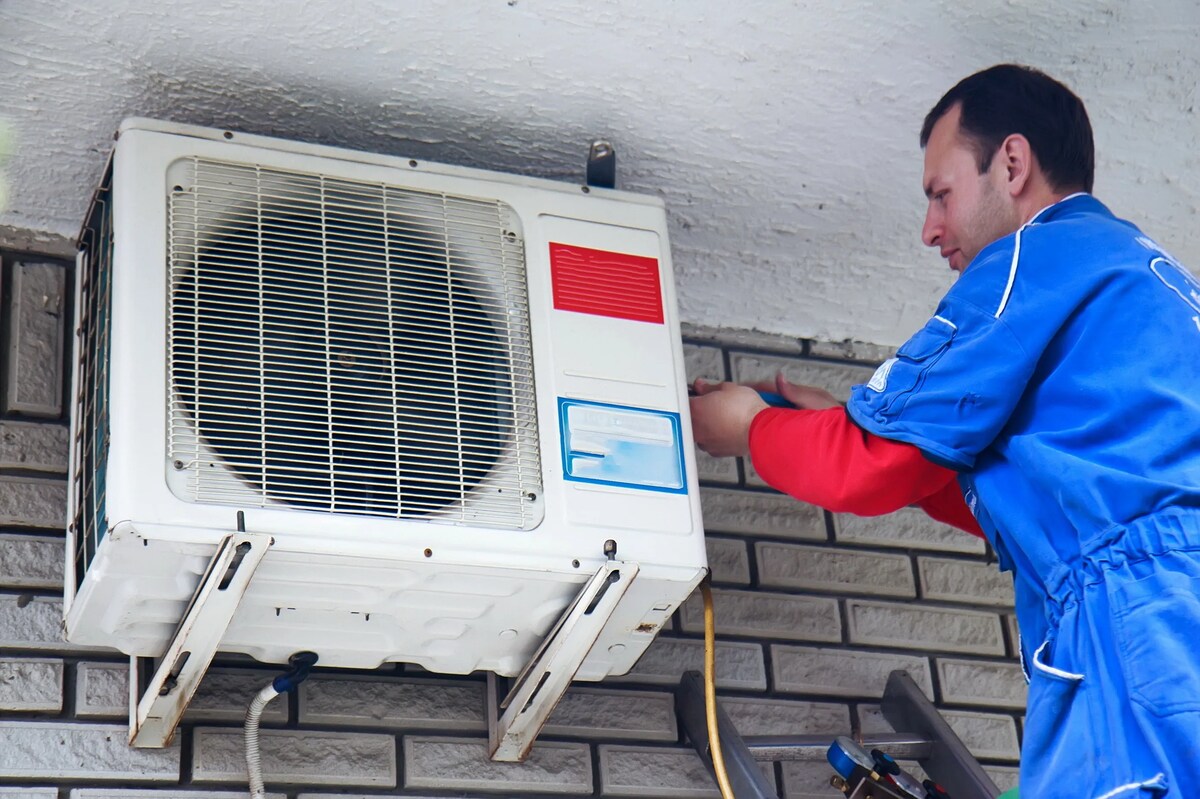
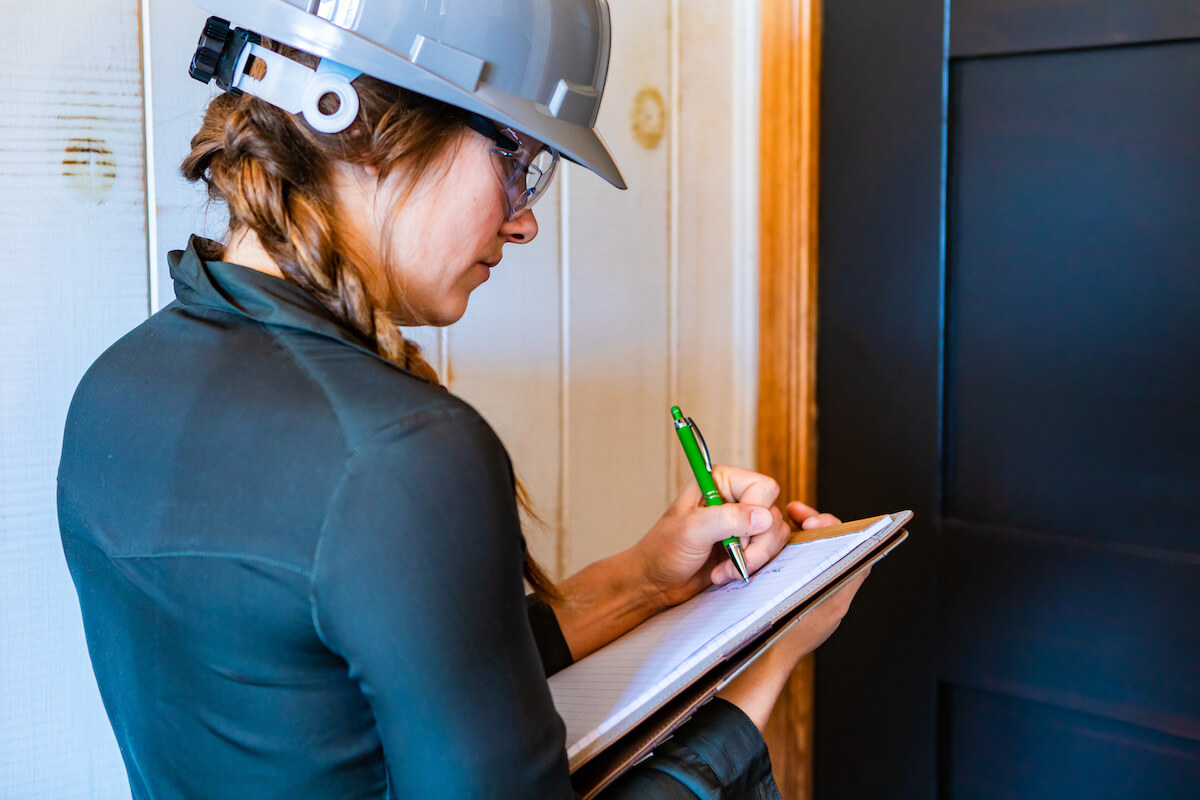



0 thoughts on “How Long Is Home Inspection School”